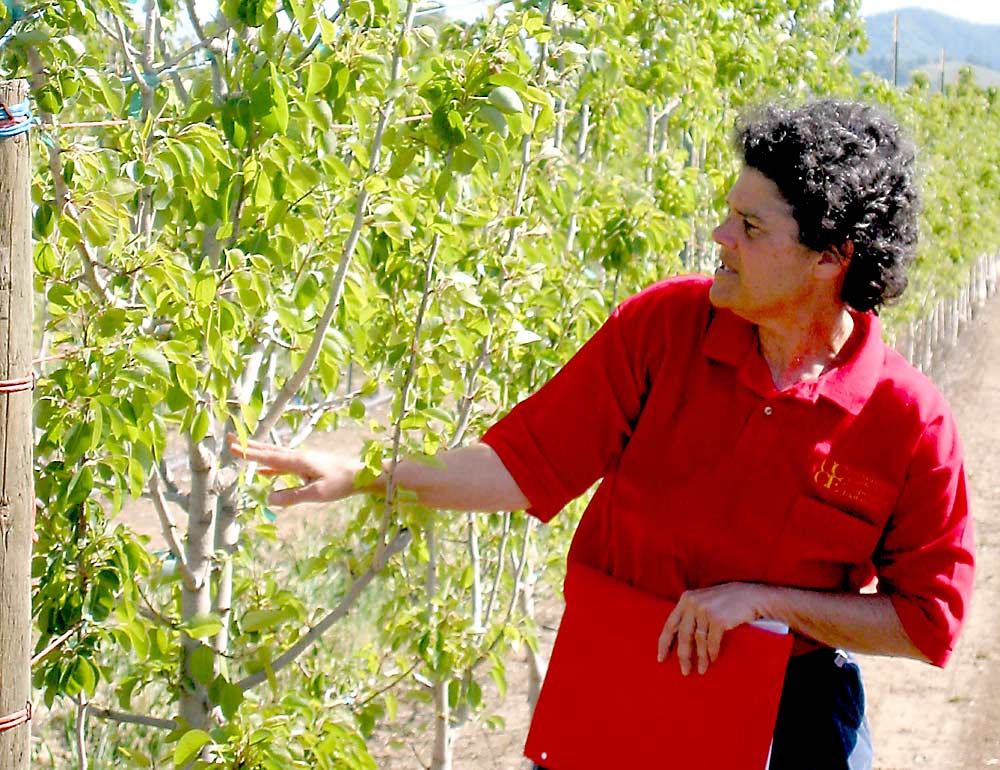
Fortunately for California pear growers, university farm advisers usually don’t retire overnight.
“The important thing in academia is it’s really rare to completely disappear,” said Wendy Powers, vice president for academic programs and strategic initiatives in the University of California Division of Agriculture and Natural Resources.
Rachel Elkins, the longtime pomology adviser for Lake and Mendocino counties, officially retired earlier this year, along with nine other University of California extension specialists, but she and many others accepted emeritus status and went through a recall process to continue working part time. Elkins, a pear specialist, will continue to steer several different pear trials, help other researchers collect data, field grower questions and serve as research liaison for the California pear industry.
However, when those extension staff do finally say goodbye, don’t expect the university to directly replace each and every one, Powers said. The university is in a hiring freeze and a 12.5-percent budget cut. Part of it is due to the pandemic, but the extension budget has been declining for 40 years, Powers said.
And, as extension specialists progress in their careers, the needs of the industry change. New hires need to reflect those changing needs, Powers said
“Twenty years ago, we didn’t need fire advisers, but now we do,” she said.
As for Elkins, on paper, she will continue to work one-quarter time — 20 percent of a full schedule on pears and 5 percent on walnuts. Pear industry contributions to the university are funding her ongoing extension, education and administrative work.
She has 36 years at the UC extension, all but three in her current position in Lakeport, about two hours northwest of Sacramento. Her career includes work in codling moth mating disruption, rootstock and orchard systems trials, alternatives to fire blight management and organic pest management.
She agreed that the nature of extension work is changing. Staff will continue to bear increasing applied research responsibilities, while more funding from the fruit industry and other external sources will directly underwrite adviser positions, she said.
Also, she expects the size and complexity of challenges will continue to increase as staff decreases. Researchers and manufacturers have already come up with several pest management tools, for example. Those weren’t easy by any means, but they were more finite than, say, mitigating the ongoing dearth of labor.
Meanwhile, extension services have always been headed toward more digital programming, such as videos and virtual interaction. The coronavirus has given that momentum a boost that will probably continue.
“I think that is going to accelerate,” she said. •
—by Ross Courtney
Other fruitful careers come to an end
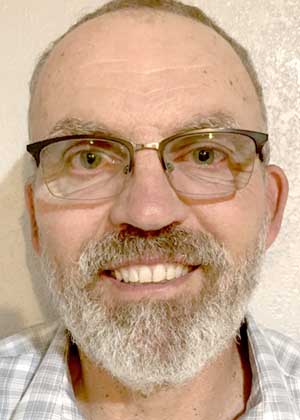
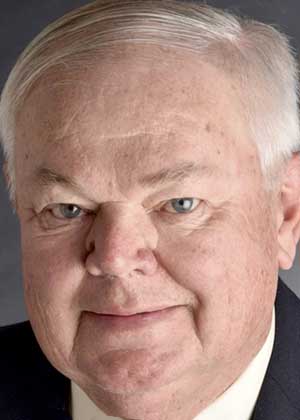
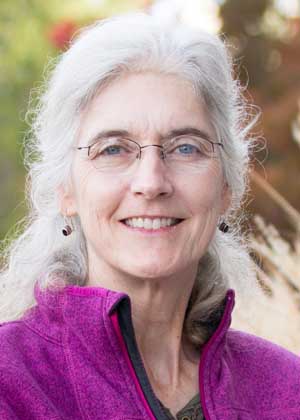
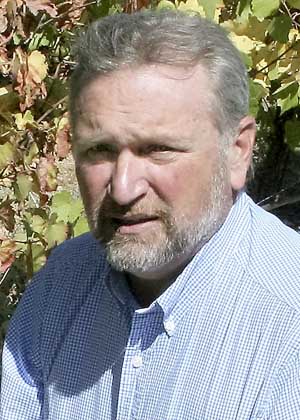
Since April, a total of 10 UC extension academics have retired. Elkins was the most directly involved with the tree fruit industry, through her pear work. However, many of the others touched on tree fruit and wine grapes:
—Allan Fulton, a 32-year extension adviser, specialized in irrigation and water management in orchard and agronomic crops in several counties.
—Glenn McGourty is an emeritus viticulture specialist in Mendocino County with an emphasis on sustainable practices, including cover cropping. He will continue to work on building a national online database of wine grape varieties adapted to warm climates and a Lake County wine grape research project.
—Rhonda Smith spent 34 years as the Sonoma County viticulture adviser, advising growers how to manage mealybug, red blotch and Pierce’s disease. She temporarily will continue working with Cindy Kron, a relatively new IPM adviser in Sonoma County, Powers said.
—John Roncoroni, a vineyard and orchard weed specialist in Napa County for 38 years, was known for research on conventional and organic herbicides and using sheep to graze away weeds in vineyards.
The university is recruiting to replace Fulton now, Powers said. The rest of the positions are uncertain.
—R. Courtney

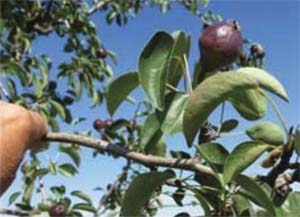
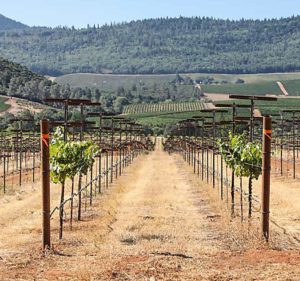





Leave A Comment